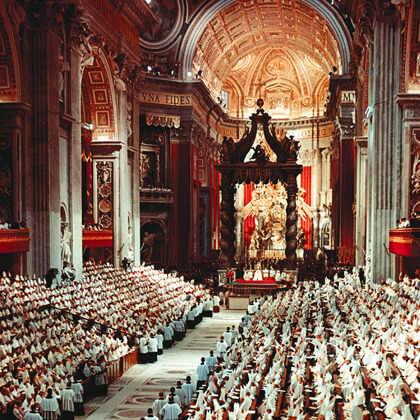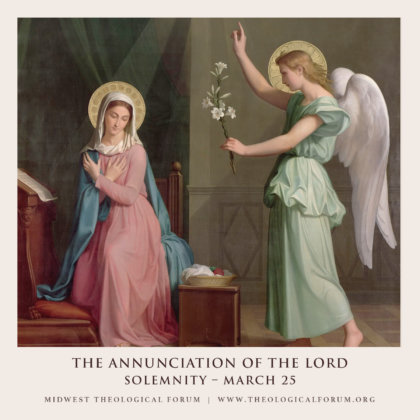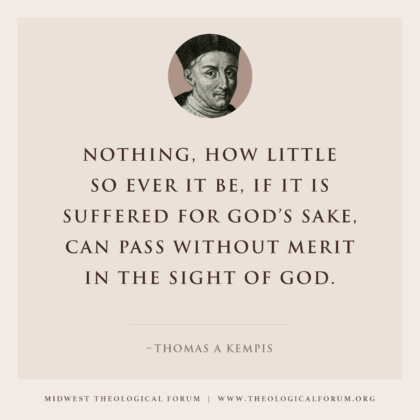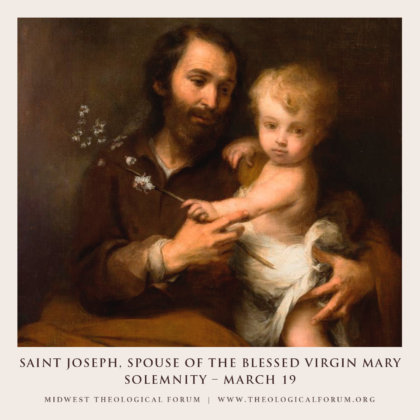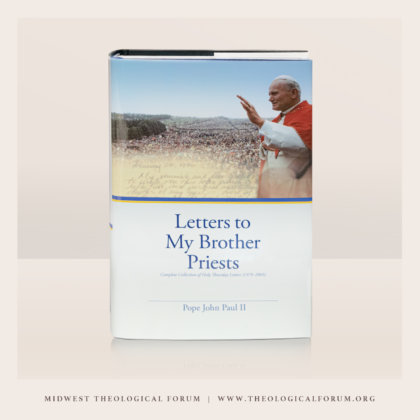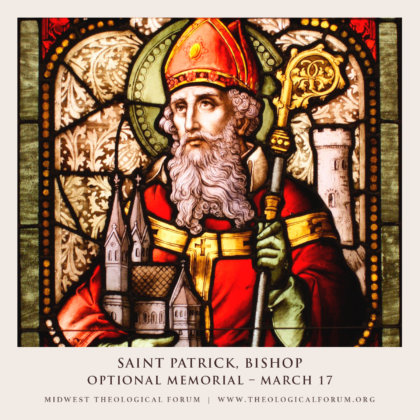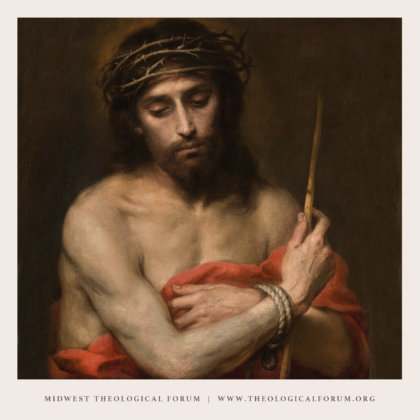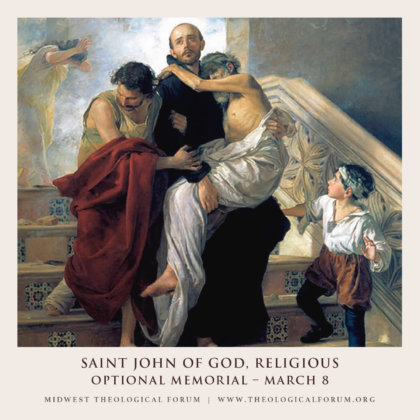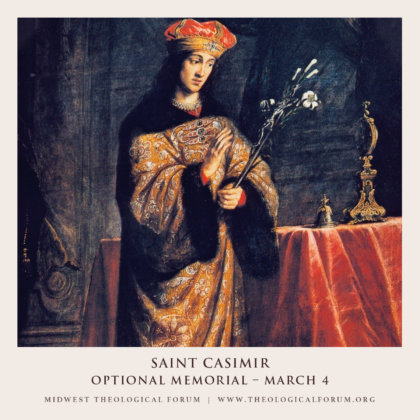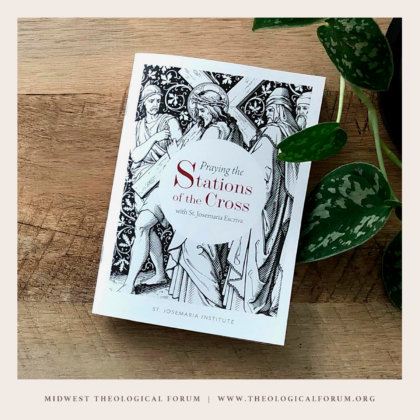*** *** *** “And he came to her and said, ‘Hail, full of grace, the Lord is with you!… He will be great, and will be called the Son of the Most High; and the Lord God will give to him the throne of his father David, and he will reign over the house of Jacob for ever; and of his kingdom there will be no end.'” (Lk 1:28,32-33)
— The Solemnity of the Annunciation of the Lord is celebrated as one of the highest ranking liturgical feasts. Mary’s consent to God’s Word — that she would be Mother of the incarnate Son of God — played a crucial role in the redemptive work of her Son, Jesus Christ, for all of humanity.

